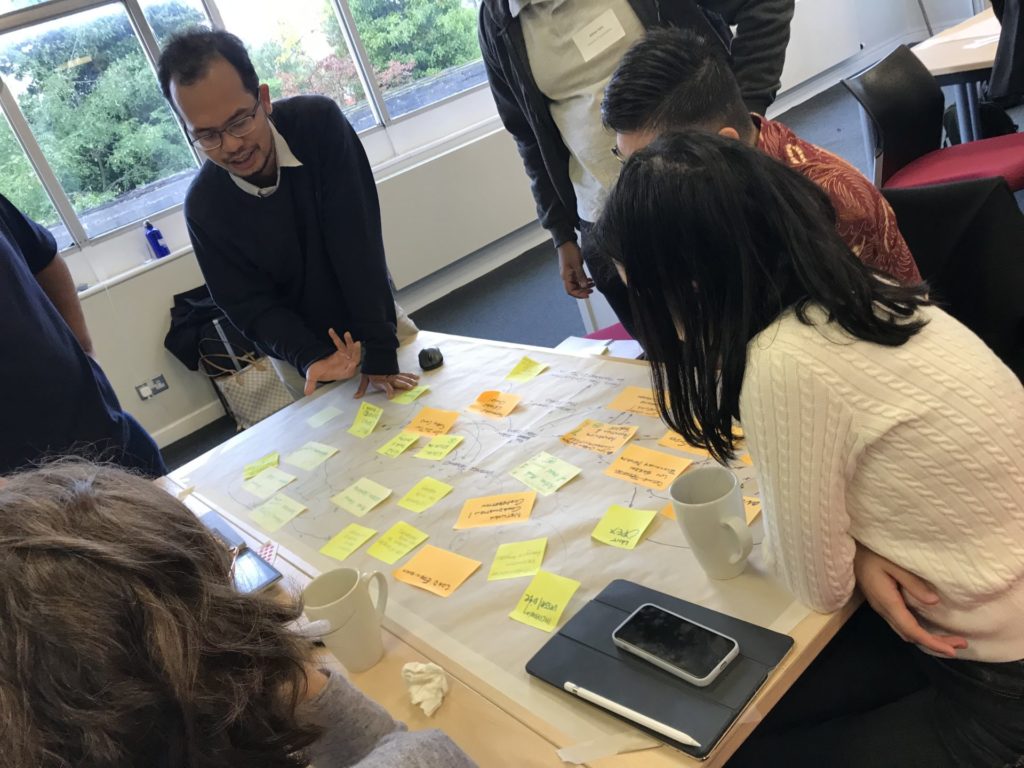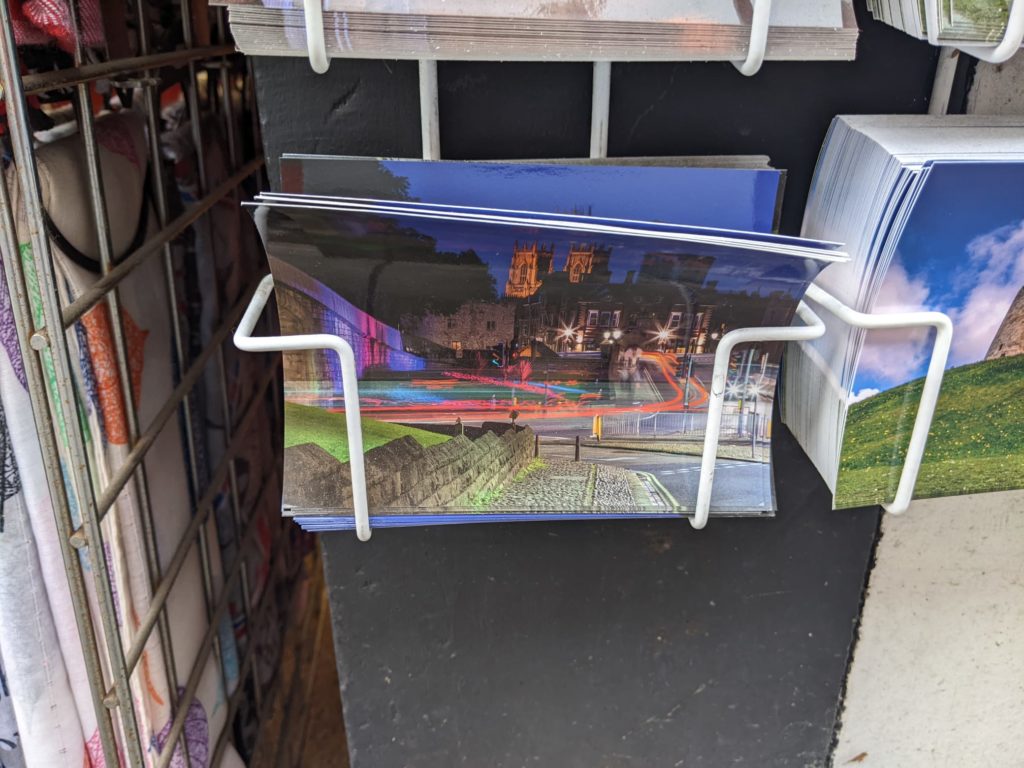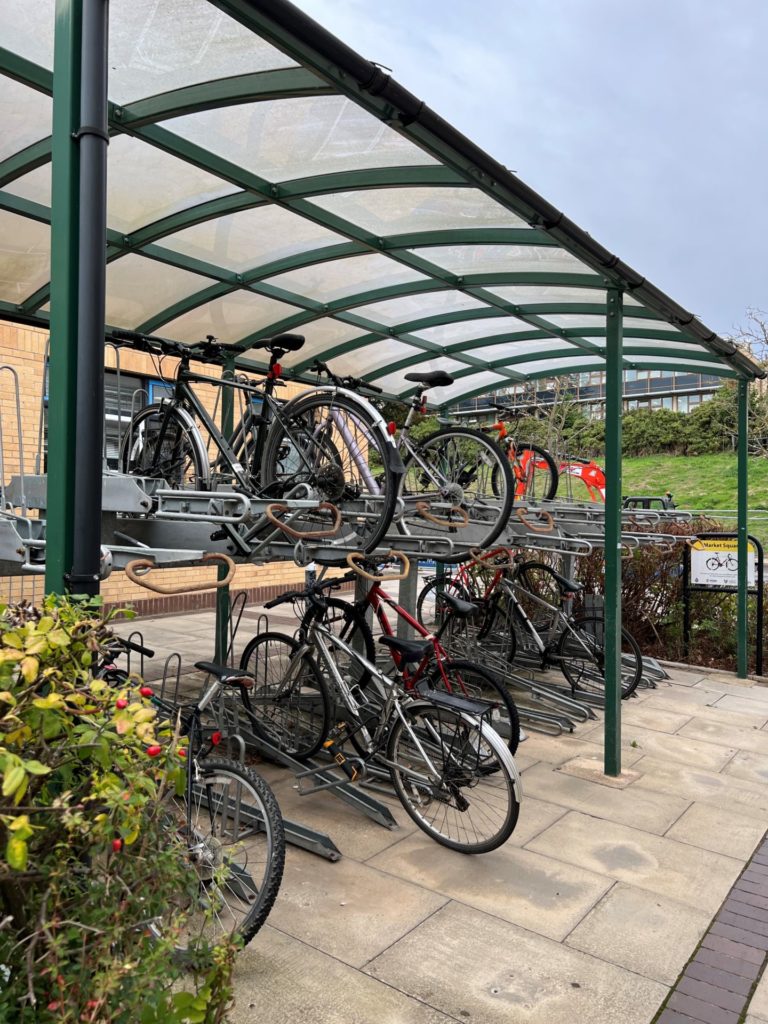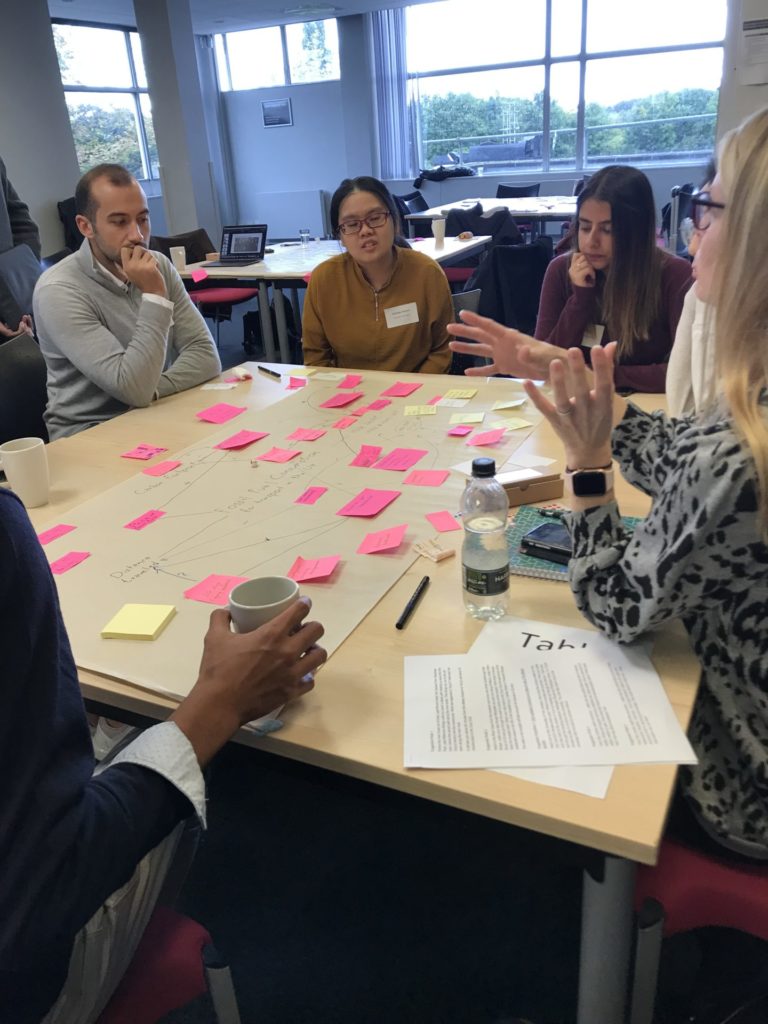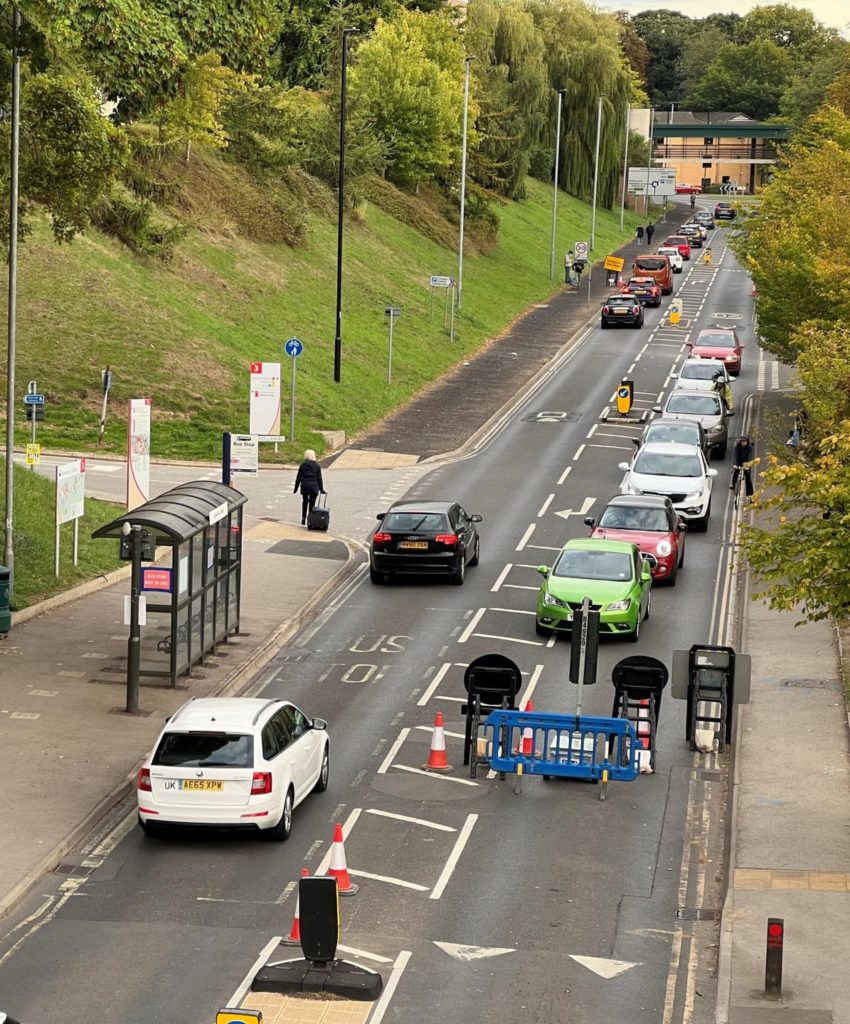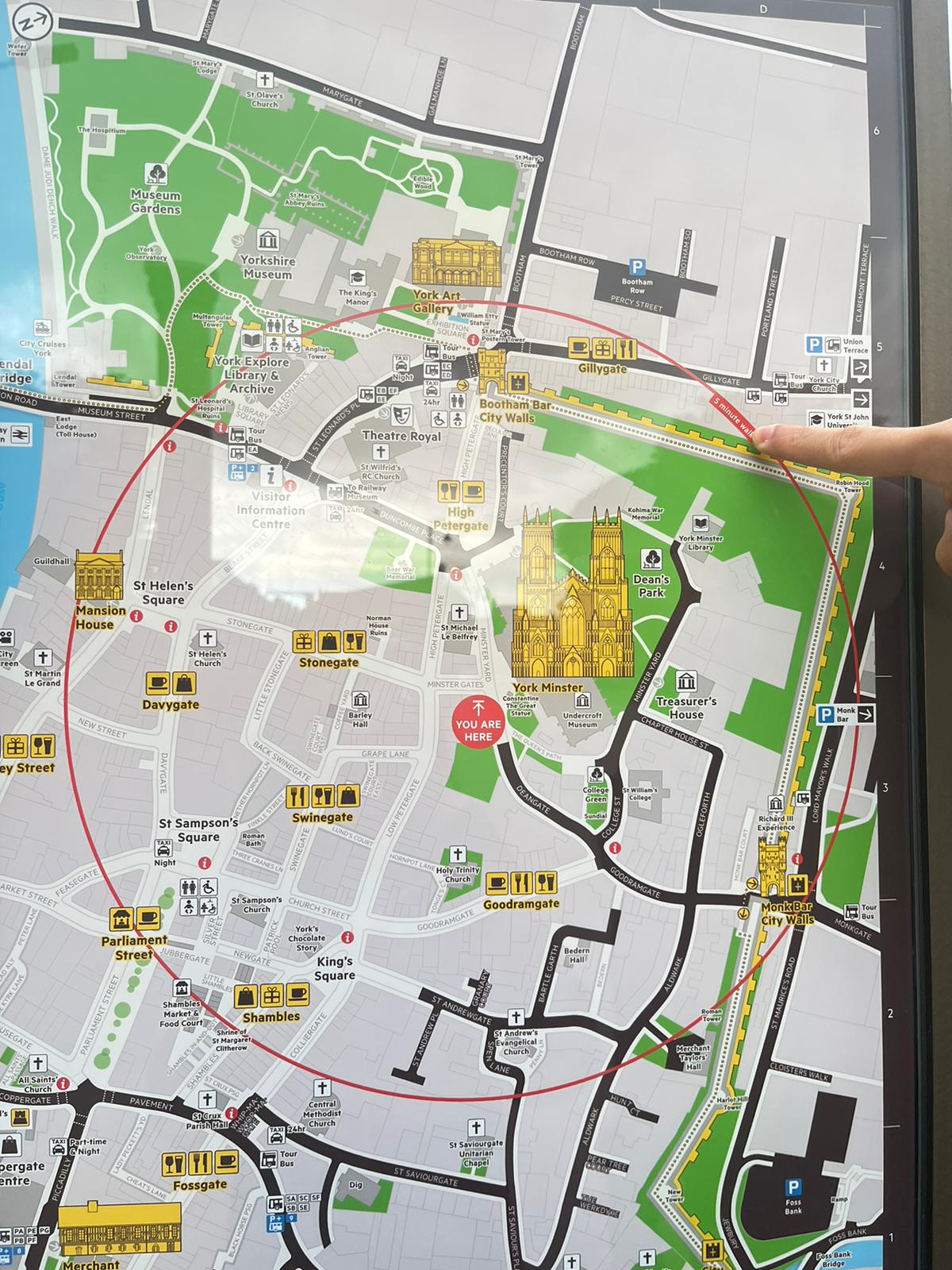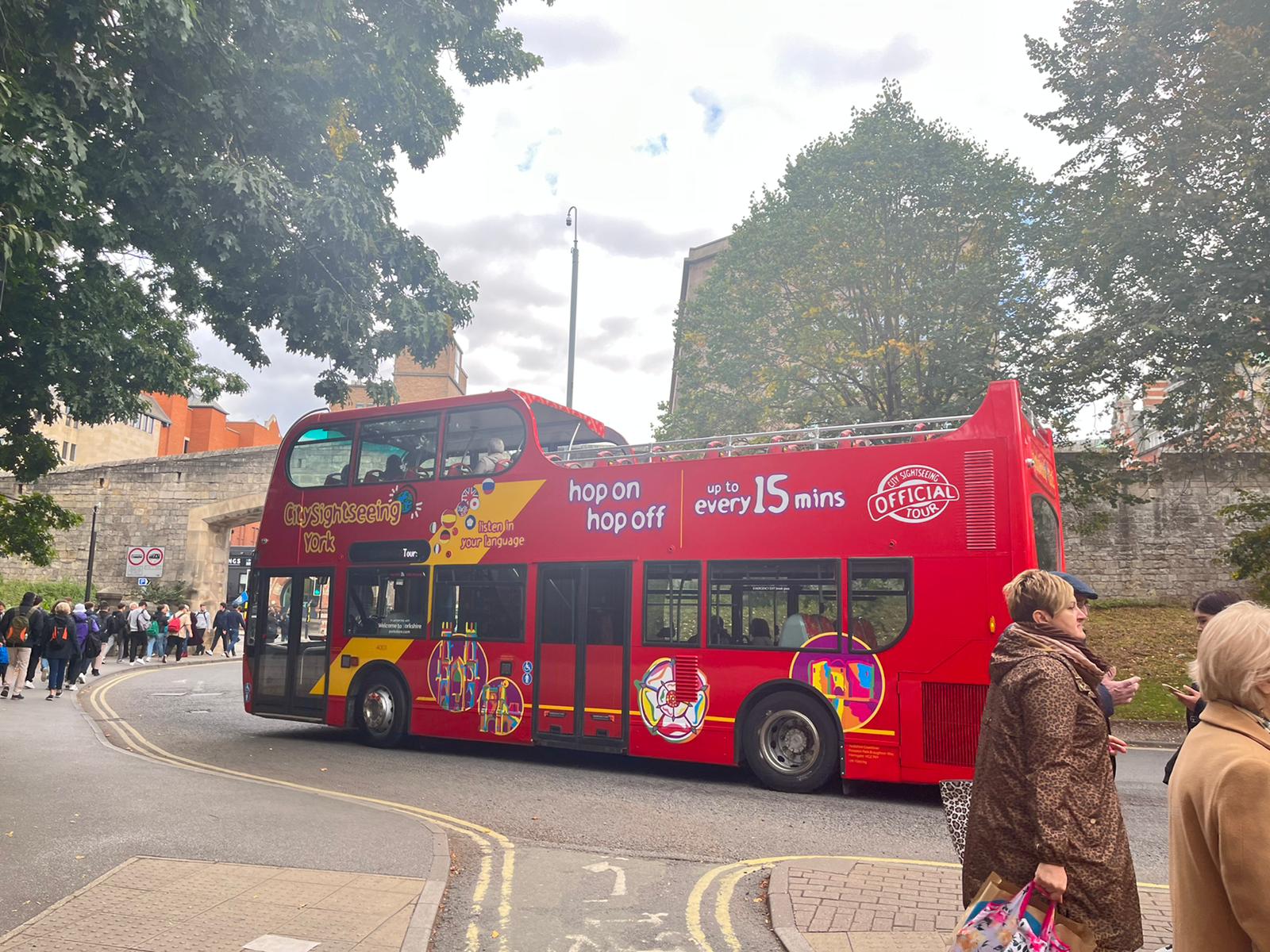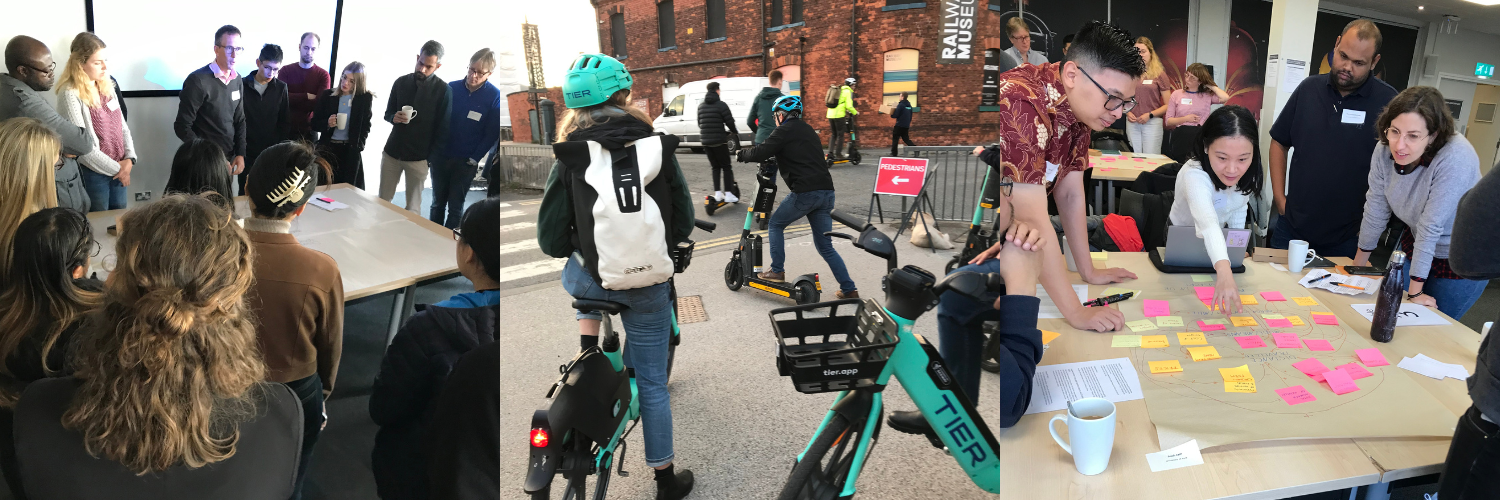The Cut Carbon Networks held a joint Summer School in September for PhD students and Early Career Researchers working on any aspect of the challenge of decarbonising mobility in both the passenger and freight sectors. Twenty-nine researchers attended the three day event which was held at the National Railway Museum in York.
A cross-disciplinary approach
By bringing together researchers from a variety of different but related fields, the summer school helped participants see how their work fits into the broader system of energy and transport decarbonisation. Prof Simone Abram and Dr Sarah Higginson kicked off the event with an interactive session on the need to consider equality, diversity and inclusion (EDI) in all aspects of research.
Prof Jillian Anable and Prof John Barrett provided context, framing transport decarbonisation as an aspect of the wider energy system. Participants also heard presentations from researchers from each of the five Cut Carbon networks; including a talk on decarbonising maritime freight from Dr Nish Rehmatulla, a presentation on hydrogen fuel from Prof Tony Roskilly and a look at public acceptability and EV chargepoints with Dr Craig Morton.
They also heard from a panel of government and industry stakeholders about their thoughts on necessary change. You can listen to the panel discussion on Soundcloud:
Real world perspective
York is one of the sites for the UK’s e-scooter trials. Summer school participants had to opportunity to gain some insight into how the scheme is working as they explored the city on Tier e-bikes and e-scooters.
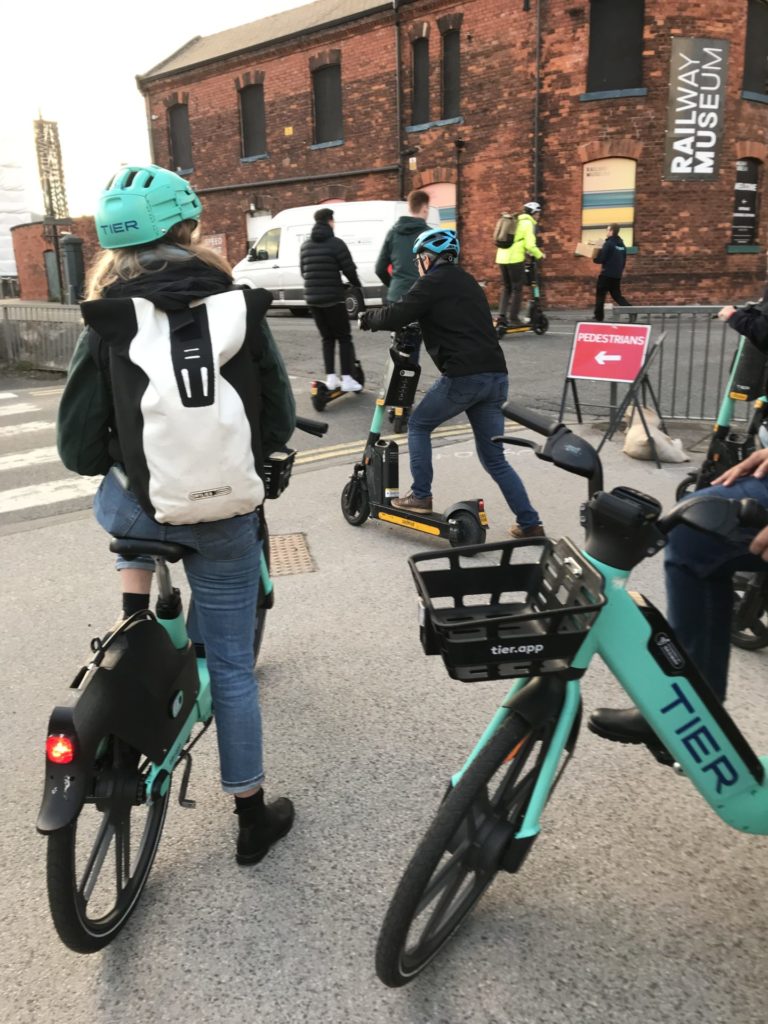
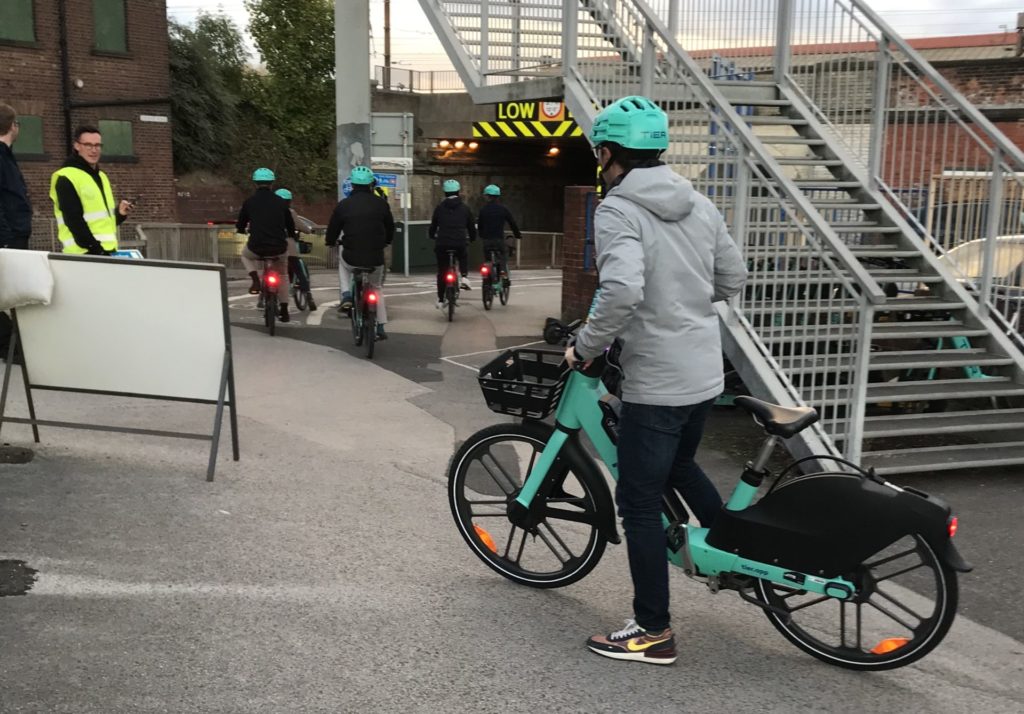
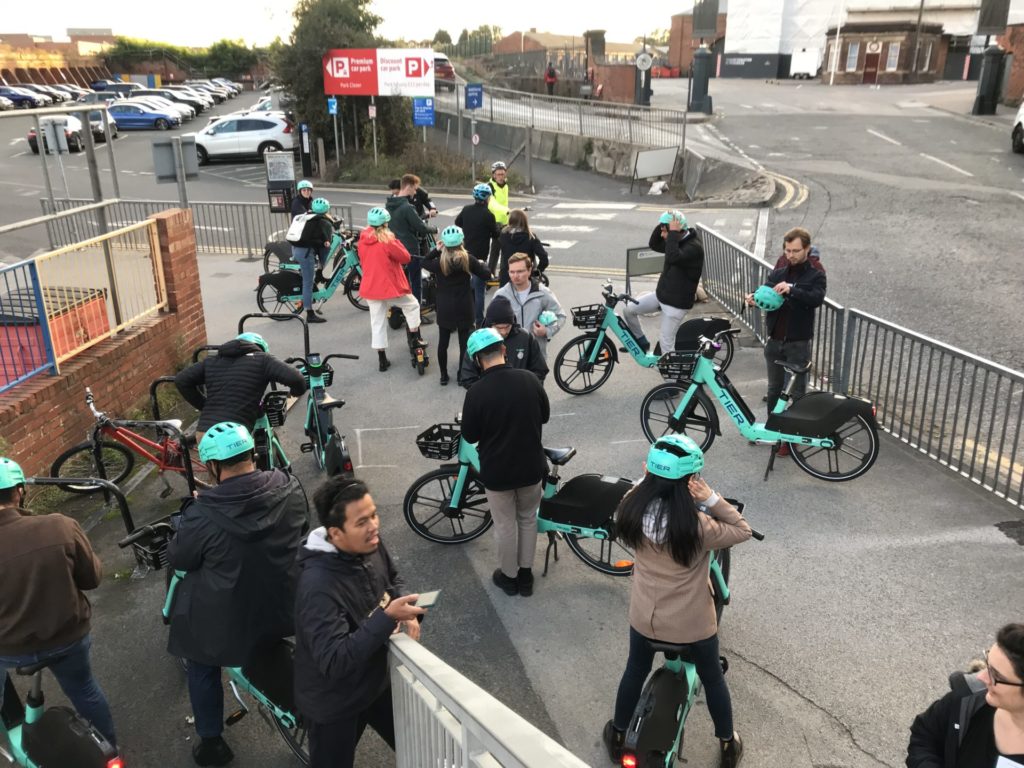
The summer school participants also spent time working in interdisciplinary teams to create participatory systems maps around systems for reducing fossil fuel consumption for transport in the UK. They then tested their assumptions in the real world by venturing into different parts of the city to investigate at how people use the local transports systems, who might be excluded, and how different types of decarbonising measures might interact with the whole system.
Preparing for a lower carbon future
Feedback collected at the end of the summer school suggests that there is a real need for opportunities like this which help early career researchers make connections across disciplines and provide an opportunity for them to investigate the connections and contradictions inherent in different approaches to reducing carbon emission from transport.
As we work towards a lower carbon future we need researchers who can collaborate across disciplines and also with policymakers and industry stakeholders. We need solutions that take into account human behaviour and that don’t leave anyone behind. This Summer School focussed on building skills to appreciate how to connect across disciplines, modes, scales and methods to better equip attendees for the challenges researchers are now tasked with addressing.
